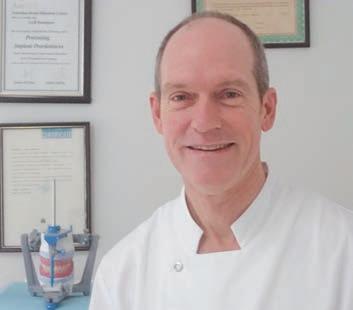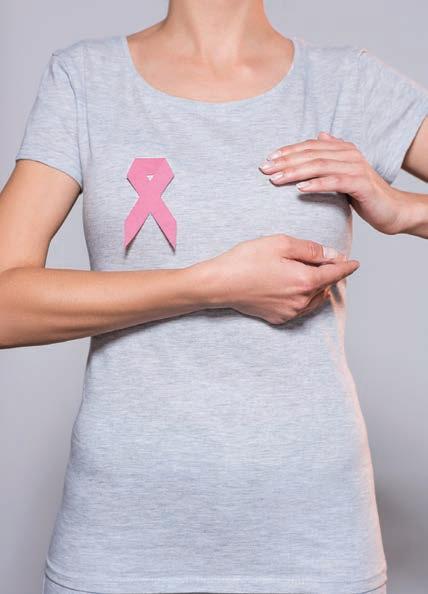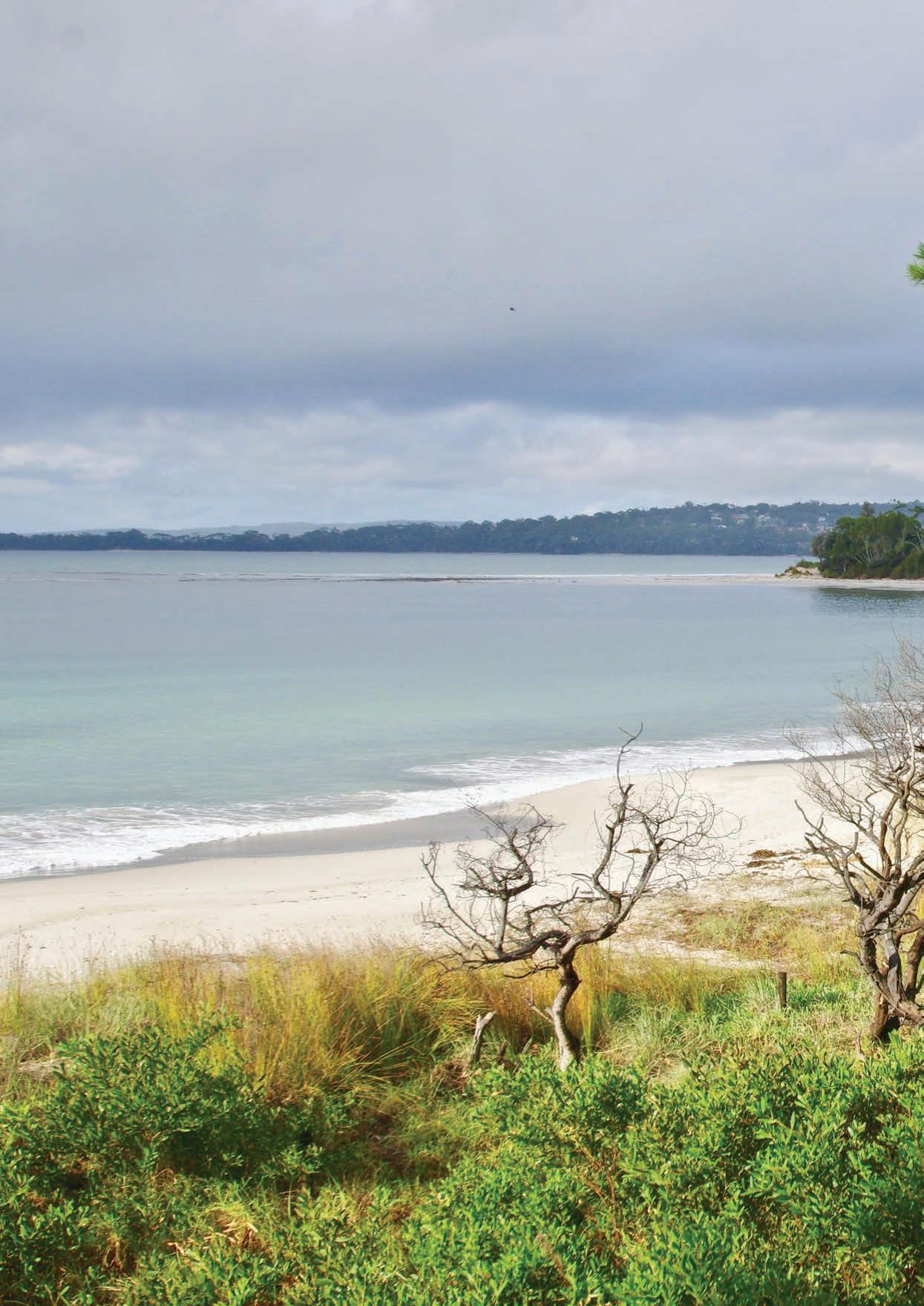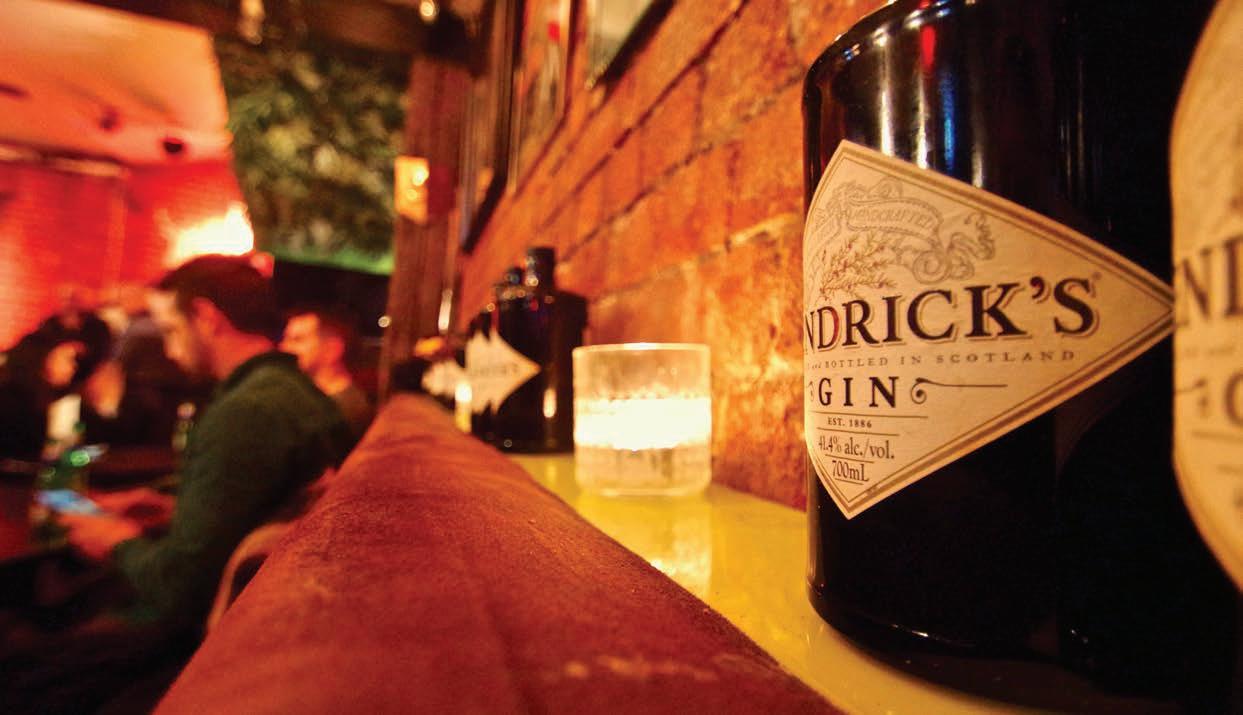
7 minute read
Aged care revolution The time to act is now
With the Royal Commission into Aged Care in full swing it is hard to ignore the shocking revelations of conditions at some facilities and the stories of neglect, loneliness and despair. It’s impossible on the basis of much evidence not to declare it a crisis and an issue of national importance.
For all of us privileged to make it into our senior years, it concerns us all. For those of us with loved ones or parents currently in care, the realities are being felt now and remedial action is urgently required.
Some key concerns are not just staff to resident ratios but a lack of medical staff present, a lack of training and poor pay for the minimal staff on offer. Accounts of people being physically and/ or pharmacologically restrained and left alone without company or stimulation are heartbreaking.
Elders who manage to remain in their homes but needing extra care can often be waiting for home services for months, even years after their assessments have been made and approved. Sometimes services do not arrive in time leaving families in stress and distress.
Where are the funds? Are they in the projected budget surplus getting us ‘back in the black’ at the expense of our most vulnerable. Maybe they are in the huge profits of the large corporations running many facilities across Australia who call our loved ones ‘consumers or clients’ rather than residents? Other facilities are operating at a loss and some facilities in the recent news were in such financial crisis they were closed leaving residents in limbo and in temporary care.
Where is the will for change? Well, with the Baby Boomers now leading a tsunami of extra load heading towards our medical and ageing services, we better galvanize our will now. The time to act is now but it is not just going to take a massive injection of funds and fixes, it is going to require a radical rethink on how we design and build our communities and approach ageing.
Amongst my close friends we are seriously talking about preparations for
BY SARAH TOLMIE
our older years and planning a way to create a ‘collective’ for communal living and sharing resources for care.
Other ideas and innovations being trialled around the world include in the Netherlands, where young people co-live in shared accommodation with older people, and their living costs are subsidized for contributing to their care and social activities. One of the major factors contributing to elder wellbeing is connection, relationships and a sense of community, and the results of this experiment have been a remarkable up shift in happiness, activity and general wellbeing for both the young and old residents.
For anyone who watched the recent, “Old People’s Home for Four Year Olds’ on the ABC, the positive effects of multigenerational contact and play was undeniable. In months the experiment had proven results that the weekly time in play and connection with the kids improved their mobility, strength, sense of purpose and happiness.
This invites us to radically rethink the design of our towns and villages to place at the centre, embedded in the hub of our lives, ways to include the young and the old. My mother’s over 55 village has a childcare centre onsite and residents are encouraged to visit and even volunteer. How good would it be if we designed our cities to be all-access and embed all our less able and older citizen into the centre of the action?
Wellbeing is the key. Over the many years a new mindset for ageing has been transforming thinking and changing beliefs to trust that we CAN age with health and vitality and that our senior years CAN be a time of consolidating wisdom and completing a legacy of life lived with purpose and meaning to the very end.
A very simple and proven way to support ageing wellbeing is food and diet, not just as a care approach, but a health promotion, preventive to disease and de-conditioning. On a recent Q&A the wonderful Maggie Beer – a doyenne for fabulous aging herself – advocated for the necessity for good, fresh, interesting food that brings sensory pleasure and textual interest back to the dining experience in many care facilities, however, the essential role of good food is one of the major known preventatives for dementia and many chronic illnesses that lead to poor ageing outcomes.
What we now need to do is join the dots on this new ageing positive thinking and extend it to include a radical pivot on our care of the aged. Bring the model of care back to the centre and heart of our families and communities, not on the periphery, where we expect transparency, encourage connection, generate better inclusion and create a real model of wellness. We need to return to the notion of the village.
Sarah Tolmie is an Independent Funeral Director and Consultant holistically supporting families at End-of-Life – including guiding families through the conversations about plans and preparations, providing relational and spiritual care, developing funeral plans and setting up pre-paid funeral arrangements. Sarah is also a Life & Love coach and grief & bereavement specialist, assisting people to celebrate, navigate, grow and heal through all their life & love transitions. And as an holistic Celebrant, Sarah creates profound and meaningful ceremonies for all life & love events. You can visit her website www.sarahtolmie.com.au or Facebook page at Sarah Tolmie – Life & Love.
New clinic opens to help
Central Coast Cancer Patients
Recovering cancer patients on the Central Coast have celebrated the opening of a new facility in Erina last night, with the official launch of Cancer Rehabilitation & Lymphatic Solutions state-of-the-art specialised clinic.
Having treated hundreds of patients across the region to assist in their cancer recovery, the specialist clinic has been specifically designed to offer cancer rehabilitation and lymphoedema services to patients during and after their cancer treatment.
Cancer Rehab & Lymphoedema Therapist and Clinic Founder, Kate Perkins, said the clinic offers a warm and welcoming environment for patients to regain their strength and confidence throughout their cancer treatment and beyond.
“We’re so excited to be able to offer this space to all of our patients and anyone requiring support and assistance during treatment and throughout their cancer recovery,” says Kate.
“The clinic offers a welcoming and supportive environment, with a dedicated exercise floor space, and two comfortable treatment rooms. “Our programs are designed to help people diagnosed with cancer during and post treatment to regain strength, movement and energy through education, as well as individualised and group exercise programs.”
The Clinic also offers internationally renowned PINC & STEEL Next Steps classes; combining Pilates, yoga and cardiovascular exercises specifically
designed to rebuild strength, flexibility and stamina following cancer treatments.
“The results reported by those who have completed the PINC & STEEL programs worldwide confirm the positive impact they have and continue to have long after the program has been completed,” adds Kate.
Cancer rehabilitation services at the new facility include: early monitoring for cancer related lymphoedema; patient education relating to fatigue management and exercise benefits; scar tissue management; breathing techniques; lymphoedema risk minimisation strategies; postural and movement patterns.
Lymphoedema services include: the assessment, treatment and management of primary and secondary lymphoedema: prescription of compression garments; Manual Lymph Drainage Massage; Low Level Laser Therapy; patient education; early monitoring and detection of cancer related lymphoedema.
All services are Health Fund claimable, with EPC GP Management Plans accepted.
Denture Clinic Suite 11B ~ 39 Avoca Drive, Kincumber (near Post Office) P 4369 5944 Looking after all your denture needs

Geoffrey Dominguez AdvDipDP(Syd)DipDT(Syd) Dental Prosthetist
New injection moulded & suction effective, full & partial dentures
Same day repairs & relines
Custom fit mouthguards
30+ years experience Professional & caring environment
Health fund & DVA approved
Cancer Rehabilitation New spacious location dedicated to Cancer rehabilitation; individual & group prescribed exercise programs.
Kate Perkins, B.App.Sci (Occupational Therapy) helps people who have undergone surgery and related treatment for cancer gain recovery of strength, movement, and energy. » Lymphoedema monitoring pre/post cancer treatment » Assessment and management of Lymphoedema » Pinc & Steel Next Steps Exercise
Program » Scar tissue management – surgical, adhesive scar tissue, cording » Lymph and Scar Taping techniques » Low Level Laser Therapy » Manual Lymph
Drainage massage » Compression garment prescription » Patient Education » EPC and Health Fund
Claimable Call us on 02 4312 7033 to make an appointment

@lymphaticsolutionsau E: info@lymphaticsolutions.com.au https://lymphaticsolutions.com.au






